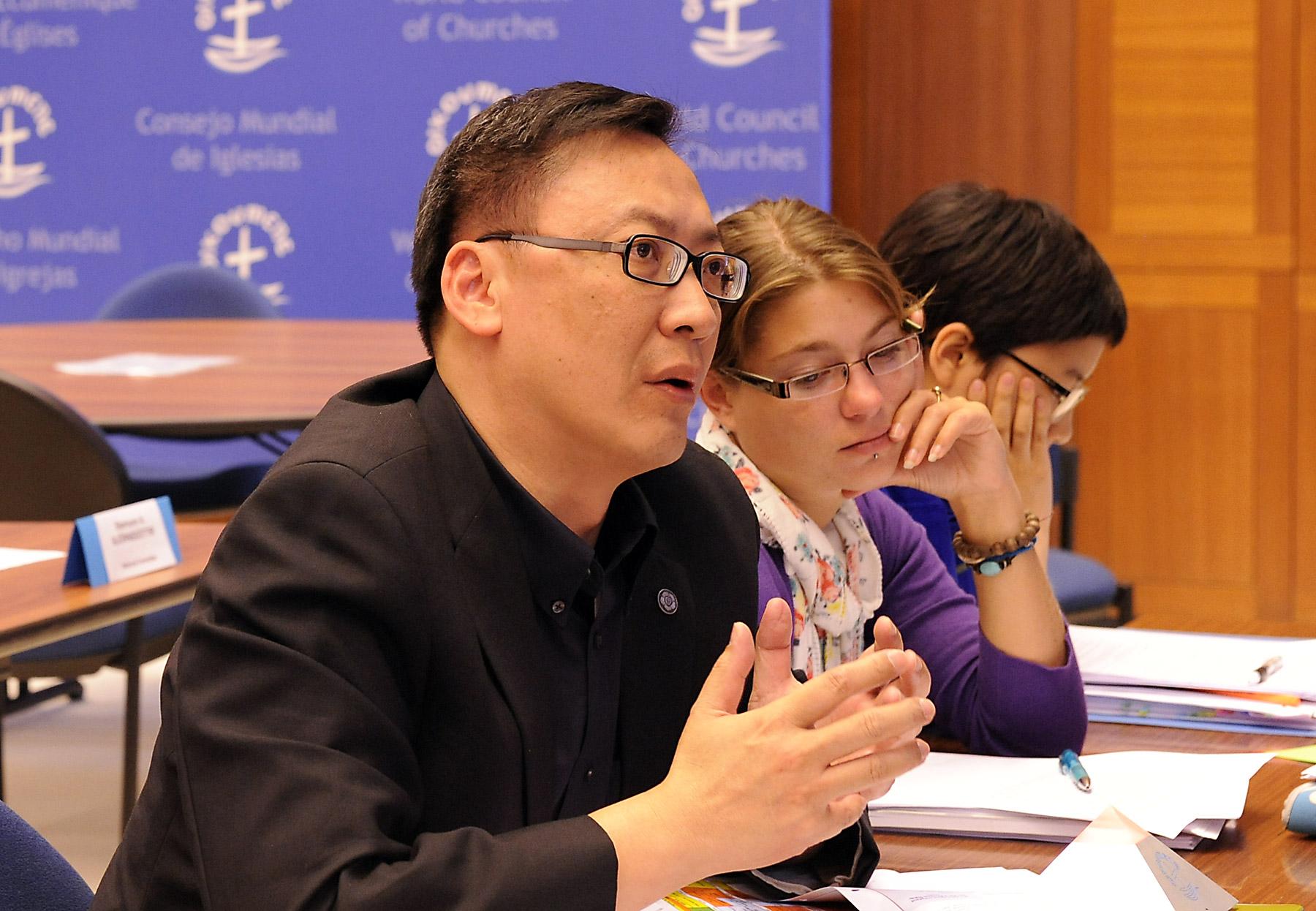LWF Concerned about Attempt to Violate Freedom of Religion in Malaysia

LWF Council member Philip Lok, Lutheran Church in Malaysia and Singapore. Photo: LWF/H. Putsman-Penet
Court Rules That Christian Publication May Not Use “Allah” Name
(LWI) – The Lutheran World Federation (LWF) has expressed deep concern over a Court of Appeal ruling in Malaysia, forbidding a Roman Catholic publication from using the Malay-language word “Allah” for God.
In a 5 November letter to LWF member church leaders in Malaysia, LWF President Bishop Dr Munib A. Younan, and General Secretary Rev. Martin Junge called the ruling an attempt to suppress freedom of religion and expression in Malaysia that could lead to confusion, resentment and discord.
“This ruling ... goes against the centuries-old, well-accepted use of the word ‘Allah’ by Arab Christians in the Middle East and other parts of the world; violates the freedom of religion and freedom of expression of Christians in Malaysia; and threatens to create unnecessary division and discord between Christians and Muslims in Malaysia,” they said.
In a 14 October ruling, the Court of Appeal of Malaysia upheld that the Roman Catholic weekly Herald must refrain from using the word “Allah” in its publication and that a ministerial decree did not infringe on the newspaper’s constitutional rights.
The court found that use of the name “Allah” is not integral to the faith and practice of Christianity and that such usage would cause confusion.
In their letter to the Malaysian churches, Younan and Junge noted that Christians have been using the word “Allah” for more than 2,000 years.
“If Malay-speaking Christians would be forbidden to address God as ‘Allah,’ then their teaching, practice, worship and observance would no longer be free,” they emphasized in the letter to the leaders of the Evangelical Lutheran Church in Malaysia, Basel Christian Church of Malaysia, Protestant Church in Sabah and the Lutheran Church in Malaysia and Singapore.
Younan and Junge pointed out that the very fundamental rights of freedom of religion and expression that are enshrined in the Universal Declaration of Human Rights are also applicable in the Constitution and laws of Malaysia. As the right to hold opinions without interference is integral to freedom of opinion and expression, the court’s “ruling interferes with the opinions of the Malay-speaking Christians, and with their actual practice,” the LWF leaders noted.
“While religious intolerance is a source of violence and suffering, religious freedom provides a source and basis for peaceful co-existence,” the Lutheran leaders added, referring to observations by the LWF Council at its meeting last June.
In a 2011 visit to Malaysia, Younan and Junge met with government officials and discussed the need to promote interreligious and interethnic understanding and cooperation through dialogue in order to further unity in diversity in the country.
Muslims comprise around 60 percent of Malaysia’s 28 million people. Christians make up around 9 percent of the population in a country that also includes Buddhists and Hindus among other religious groups.

